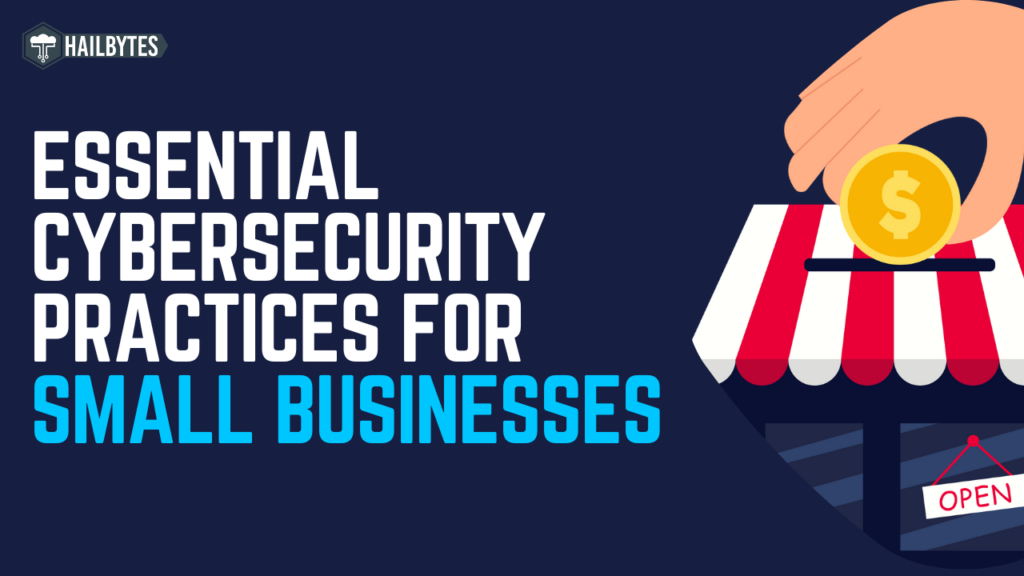
Essential Cybersecurity Practices for Small Businesses
- 0
In today’s digital age, cybersecurity is more important than ever for small businesses. Without proper protection, businesses are vulnerable to data breaches, malware attacks, and other cyber threats that can have devastating consequences. Implementing essential cybersecurity practices is crucial for safeguarding sensitive information and maintaining the trust of customers.
Regularly Update Software and Operating Systems
One of the most important cybersecurity practices for small businesses is to regularly update software and operating systems. Software updates often include security patches that address vulnerabilities that cybercriminals could exploit. By staying up to date with these updates, businesses can significantly reduce their risk of a cyber attack.
Implement Strong Password Policies
Weak passwords are a common entry point for cybercriminals looking to infiltrate a business’s systems. Implementing strong password policies, such as requiring complex passwords and implementing multi-factor authentication, can significantly increase the security of a business’s data and systems.
Train Employees on Cybersecurity Best Practices
Employees are often the weakest link in a business’s cybersecurity defenses. Providing comprehensive training on cybersecurity best practices can help employees recognize potential threats and take the necessary steps to mitigate them. Regular training sessions and updates on the latest cybersecurity trends are essential for ensuring that employees are equipped to handle potential threats.
Back Up Data Regularly
Regular data backups are essential for protecting against data loss in the event of a cyber attack. Small businesses should implement a regular schedule for backing up data to a secure, off-site location. In the event of a ransomware attack or other data breach, having up-to-date backups can help businesses quickly recover and minimize the impact of the attack.
Secure Wi-Fi Networks
Unsecured Wi-Fi networks can be a prime target for cybercriminals looking to intercept sensitive data or gain access to a business’s systems. Small businesses should secure their Wi-Fi networks with strong passwords, encryption, and network monitoring tools to prevent unauthorized access. Additionally, businesses should consider setting up a guest network separate from their main network to further protect sensitive information.
Monitor and Respond to Cyber Threats
Small businesses should proactively monitor their systems for signs of a potential cyber attack. Implementing intrusion detection systems and regularly reviewing system logs can help businesses identify and respond to threats before they escalate. Having a response plan in place that outlines the steps to take in the event of a cyber attack can help businesses mitigate the damage and recover more quickly.
Conclusion
Implementing essential cybersecurity practices is crucial for protecting small businesses from the increasing number of cyber threats they face. By regularly updating software, implementing strong password policies, training employees on cybersecurity best practices, backing up data, securing Wi-Fi networks, and monitoring and responding to cyber threats, small businesses can significantly reduce their risk of a cyber attack and safeguard their sensitive information.

